

Behavioral Health Foundations for CHWs
Helping people live their best lives: how can YOU as a Community Health Worker make a difference for your clients by better understanding behavioral health?
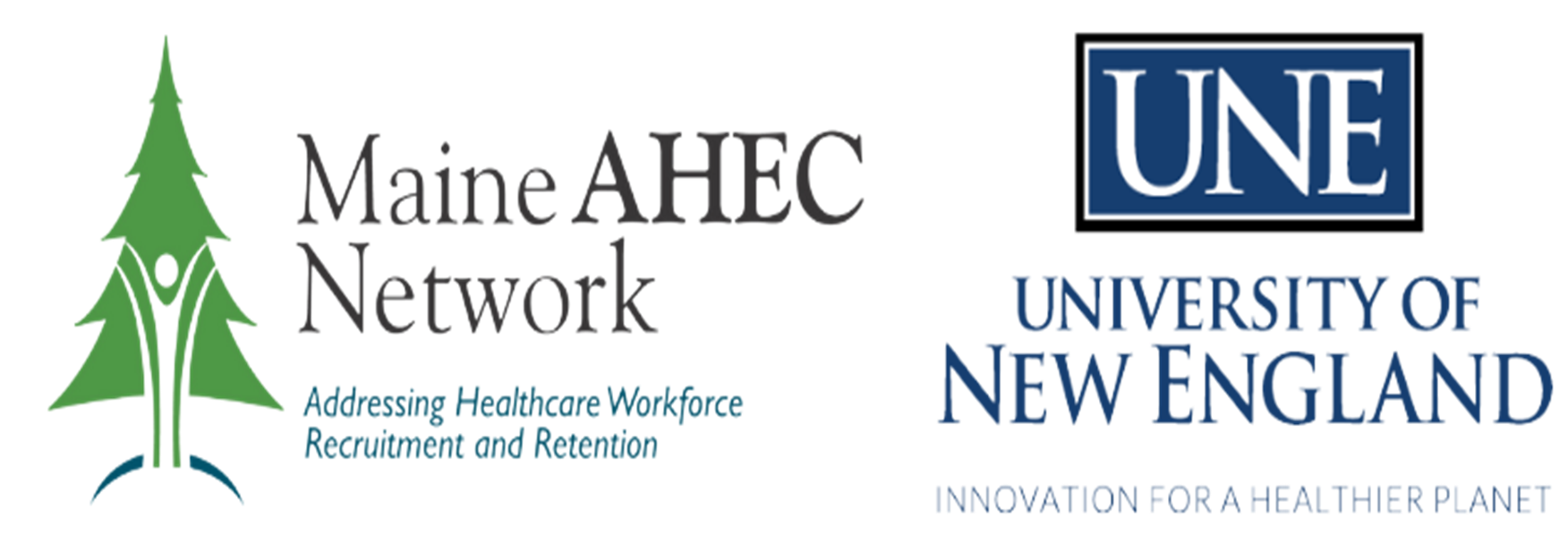

Course Information
- Audience: All public health professionals working in nonprofits, healthcare, educational institutions, government and private sector
- Format: Webinar
- Date/Time: July 24, 2025 12:00 PM – 1:00 PM ET.
- Price: Free
- Length: 1 hour
- Credential(s) eligible for contact hours: Sponsored by New England Public Health Training Center (NEPHTC), a designated provider of continuing education contact hours (CECH) in health education by the National Commission for Health Education Credentialing, Inc. This program is designated for Certified Health Education Specialists (CHES) and/or Master Certified Health Education Specialists (MCHES) to receive up to 1 total Category I continuing education contact hours. Maximum advanced-level continuing education contact hours are 1. Provider ID: Event ID: .If you are not seeking a CHES/MCHES contact hours, if you complete the post-test and evaluation, you will receive a Certificate of Completion. The Certificate will include the length of the course.
- Competencies: Community Dimensions of Practice Skills
- Learning Level: Awareness
- Companion Trainings: None
- Supplemental materials:Slides and follow-up email with any links mentioned during presentation
- Pre-requisites: Community Health Worker Designation
About this Webinar
This one-time virtual training will introduce foundational behavioral health concepts and equip Community Health Workers (CHWs) with practical strategies to support community members experiencing behavioral health challenges. CHWs will gain clarity on their role and how it integrates and differs from peer specialists and clinical providers.
The Session includes real-world case examples and interactive discussions to deepen learning. MCD will provide facilitation by experienced CHW trainers and include CHWs with lived experience working in the behavioral health field to ensure real-world relevance and peer-informed learning.
What you'll learn
- Define behavioral health and explain its relevance to whole-person care.
- Describe the unique role of CHWs in promoting mental wellness and supporting individuals.
- Understand common mental health concerns and substance use disorders.
- Understand how stigma affects help-seeking behavior.
- Access learning resources and referral tools for continued development.
-
Subject Matter Experts
 Elizabeth Foley, MCD
Elizabeth Foley, MCD
 Cristina Leal
Cristina Leal
Elizabeth Foley, MCD, U.S. Programs Co-Director, has over 30 years of experience in healthcare and public health, spanning both domestic and international organizations. She has served as an advisor to national and state health improvement efforts, including the Maine CDC's Chronic Disease Programs, the National Health Disparities Collaborative, the Federally Qualified Health Center Network, the Institute for Healthcare Improvement, and the Robert Wood Johnson Aligning Forces for Quality. As lead content expert and curriculum designer for MCD's eLearning and Workforce Development programs, she and her team develop and deliver in-person and virtual training and technical assistance for thousands of public health professionals, healthcare providers, and community health workers throughout the United States and across the globe. Prior to joining MCD, Ms. Foley worked for the global NGO Partners In Health and the Harvard Medical School Department of Global Health and Social Medicine, designing and facilitating community health worker initiatives in the United States and developing countries.
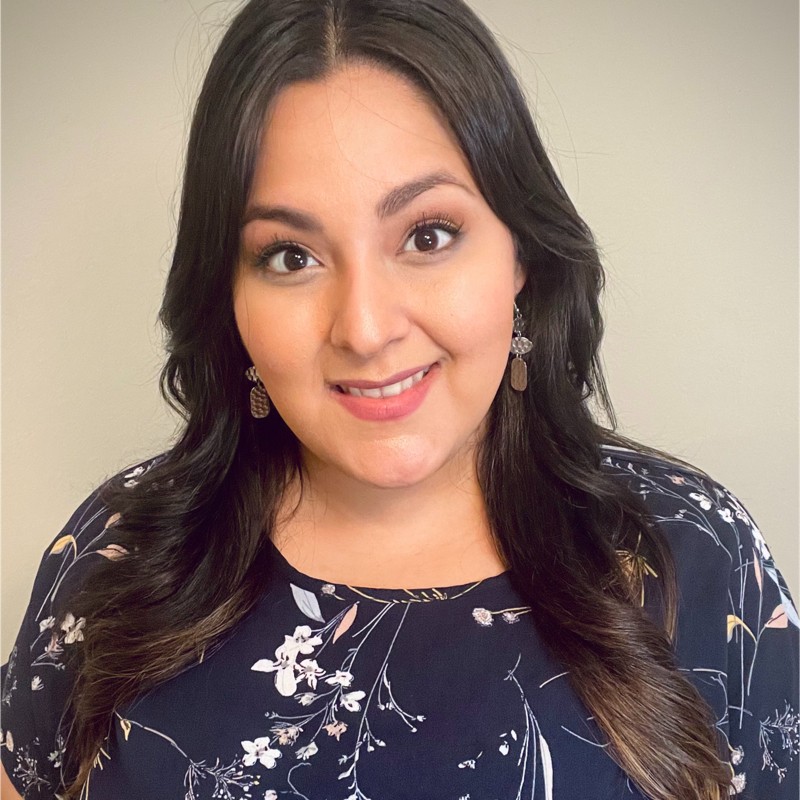 Betty St. Hilaire
Betty St. Hilaire
Cristina Leal is the Senior Program Manager for Community health worker initiatives at MCD. In this role, she leads the HRSA-funded Community Health Worker (CHW) Training Program-CHWTP and oversees MCD's various CHW programs and team members. She is also responsible for cross-sector partnerships between community-based learning and traditional academic learning. She brings significant knowledge and experience in CHW training and CHW-led programs. Ms. Leal is fluent in English and Spanish, completed her Master's in Public Health at Lamar University in Beaumont, Texas in 2024, Bachelor's Degree at the University of Texas-Pan American in 2011, and obtained a Texas CHW Certification in 2016.
Betty St. Hilaire is a community health worker (CHW), the 2024 CHW Supervisor of the Year, and the current co-chair of the Maine Community Health Worker Initiative (MECHWI). Betty is the founder and board president of The United Community Living Center, a nonprofit whose mission is to provide support for the unhoused community. She is also the Past Chair of the Augusta Emergency Overnight Warming Center Advisory Council. Betty works as a Program manager overseeing the Community Health Worker Program as well as a recovery coach and ABC Parent coach for MaineGeneral Medical Center, the third largest health system in Maine. She sits on the Board of Directors of the Kennebec Valley Community Action Program where she serves on both their housing and executive committees. She has extensive experience in program development and implementation as well as grant and program management. Betty is a 2024 Graduate of the Hanley Center for Health Leadership Program and is a certified Beagle Poverty Coach. She holds a Bachelor's degree in Mental Health and Human Services and a Graduate Certificate in Substance use disorders from the University of Maine at Augusta. Betty has served in previous roles as a clinical-based social worker in a primary care residency practice, a care coordinator managing care plans for MaineCare members and as a Patient Advisory Coordinator, where she convened and led a patient advisory council for a major health system in Maine.
Enrollment and Contact Hours
Select the Enroll button below to register for the course. If you have any trouble accessing the course, contact support@nephtc.org.
Acknowledgement: This project is supported by the Health Resources and Services Administration (HRSA) of the U.S. Department of Health and Human Services (HHS) as part of award 2 UB6HP31685‐05‐00 “Public Health Training Centers.” The contents are those of the author(s) and do not necessarily represent the official views of, nor an endorsement, by HRSA, HHS or the U.S. Government.
This training was supported by the Health Resources and Services Administration (HRSA) of the U.S. Department of Health and Human Services (HHS) as part of a financial assistance award totaling $400,000 with 100% funded by HRSA/HHS and
0% funded by nongovernment source(s). The contents are those of the author(s) and do not necessarily represent the official views of, nor an endorsement, by HRSA/HHS, or the U.S. Government.
* Yale School of Public Health, Office of Public Health Practice, a New England Public Health Training Center partner, is a designated provider of continuing education contact hours (CECH) in health education by the National Commission for Health Education Credentialing, Inc. All CHES credit inquiries are managed by YSPH
Registration
Select the Enroll Me button below to register for this recording. If you have any trouble accessing the recording, contact support@nephtc.org.
Acknowledgement: This project is supported by the Health Resources and Services Administration (HRSA) of the U.S. Department of Health and Human Services (HHS) as part of award 2 UB6HP31685‐05‐00 “Public Health Training Centers.” The contents are those of the author(s) and do not necessarily represent the official views of, nor an endorsement, by HRSA, HHS or the U.S. Government.



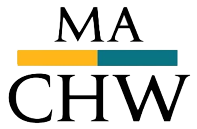
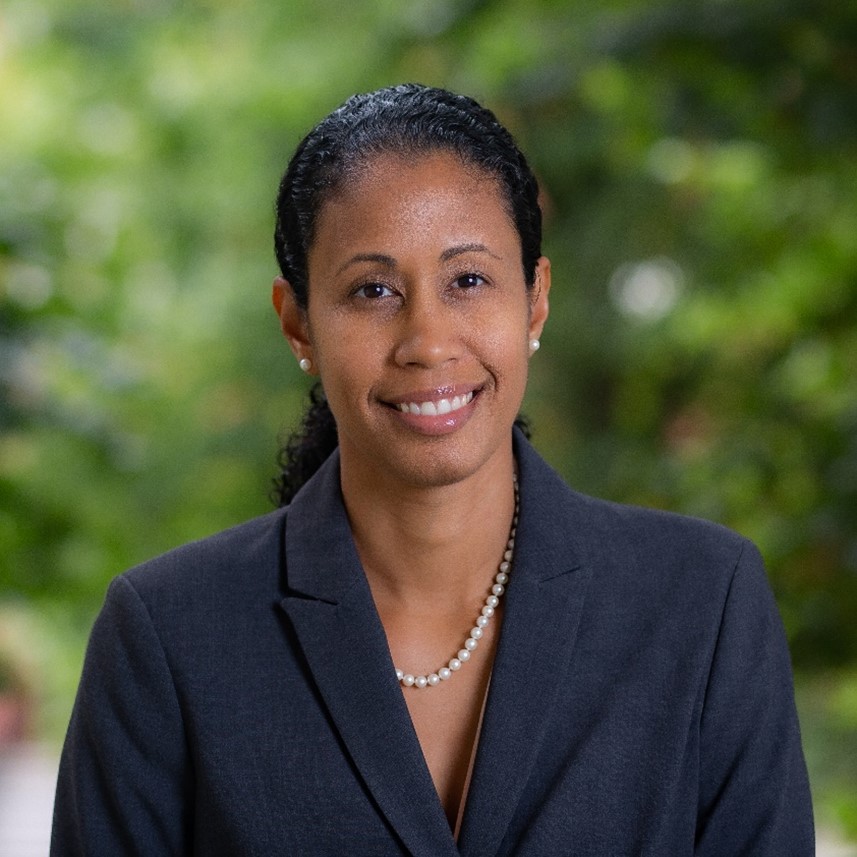
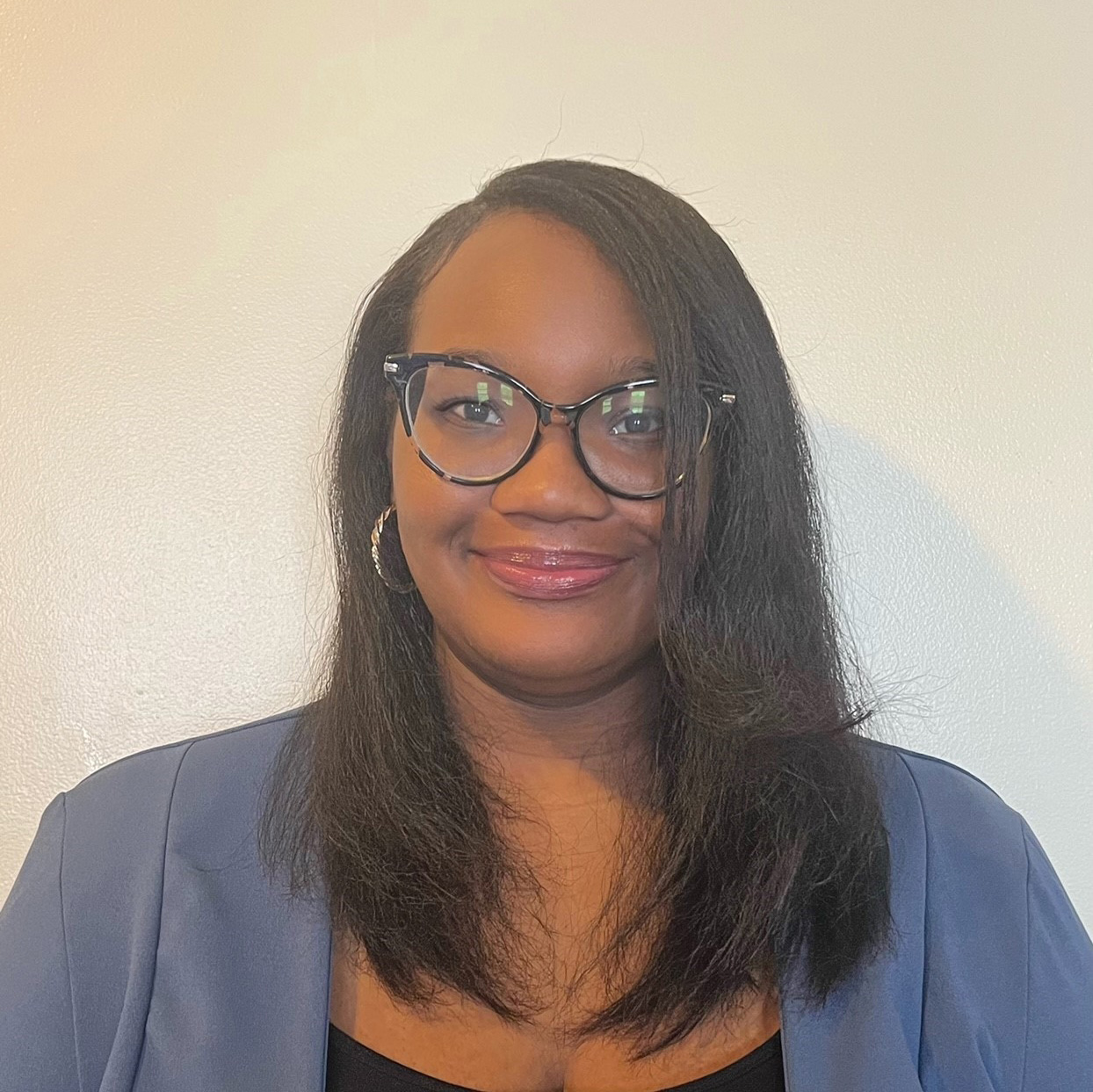
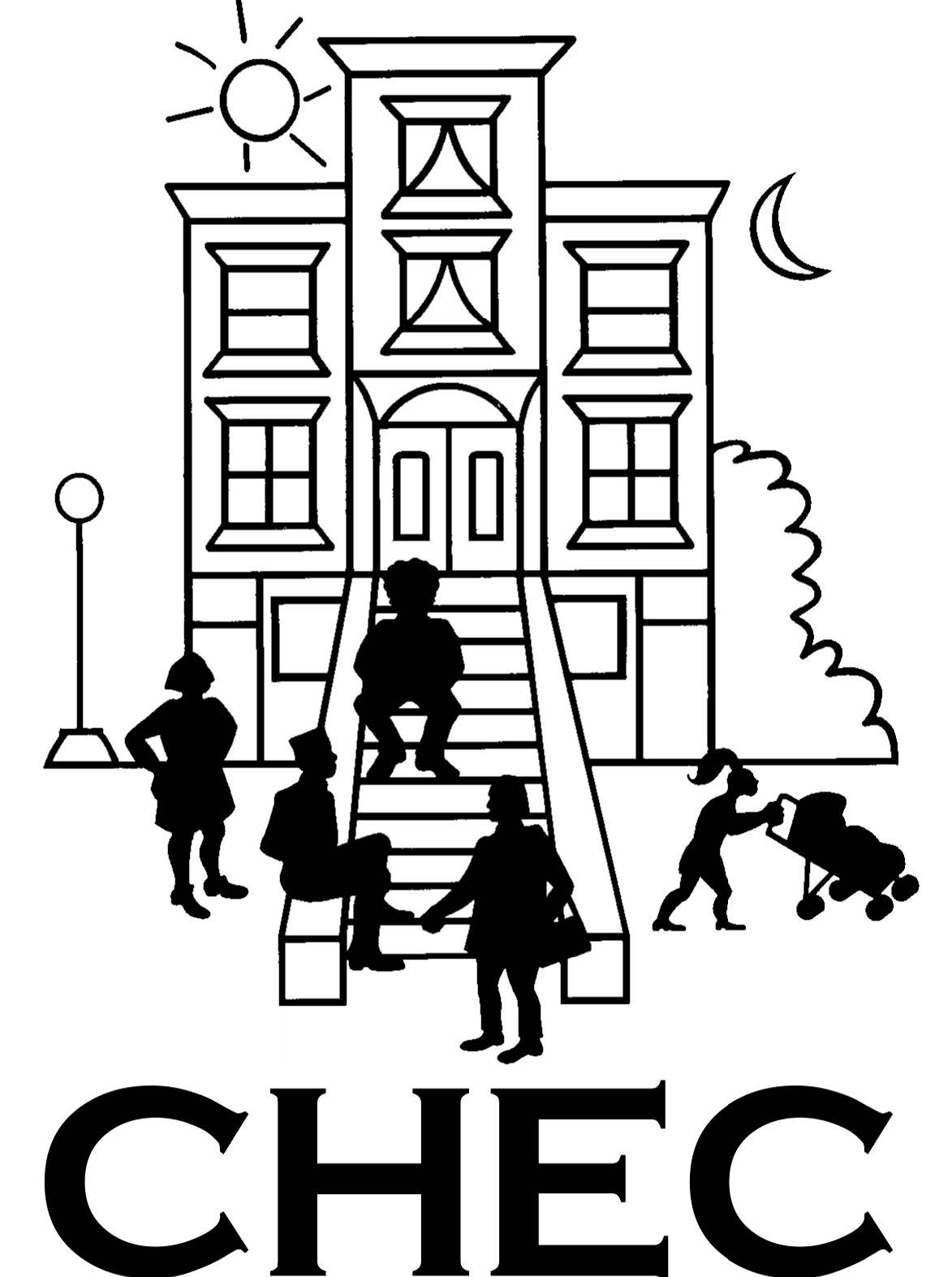









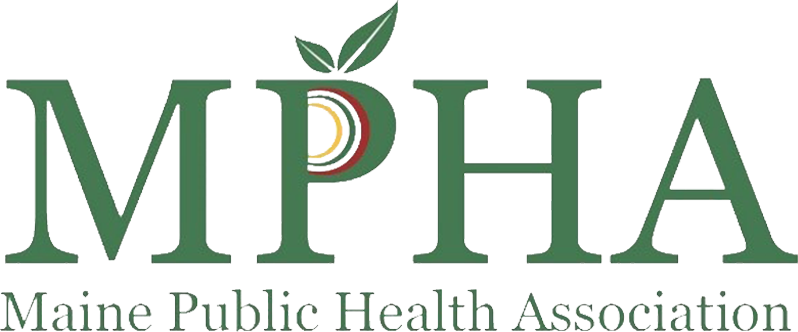
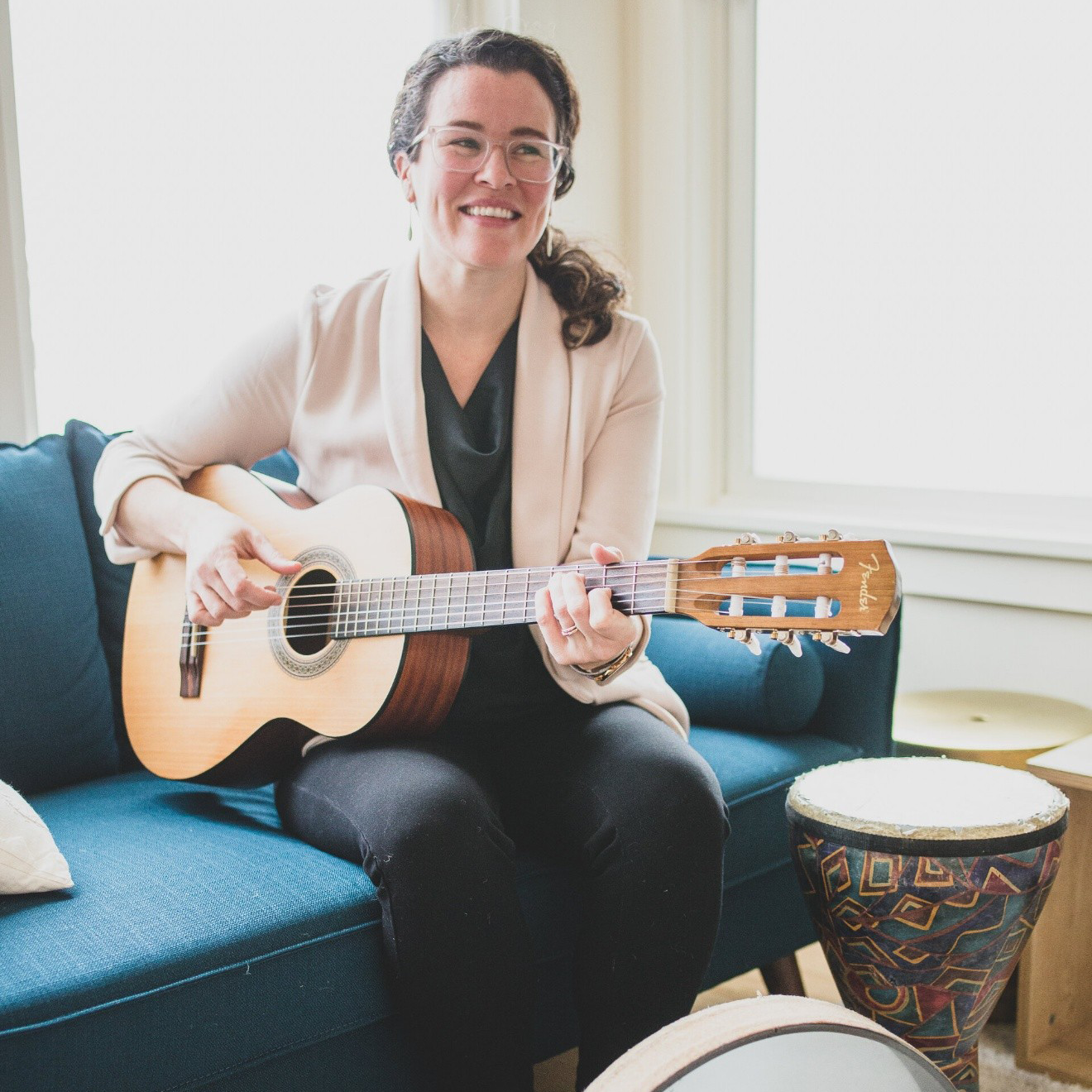 Kate Beever
Kate Beever




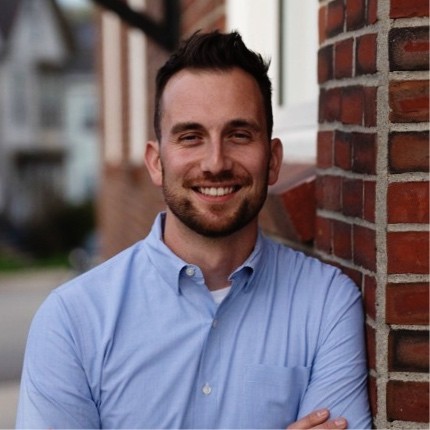 Andrew Zarro
Andrew Zarro





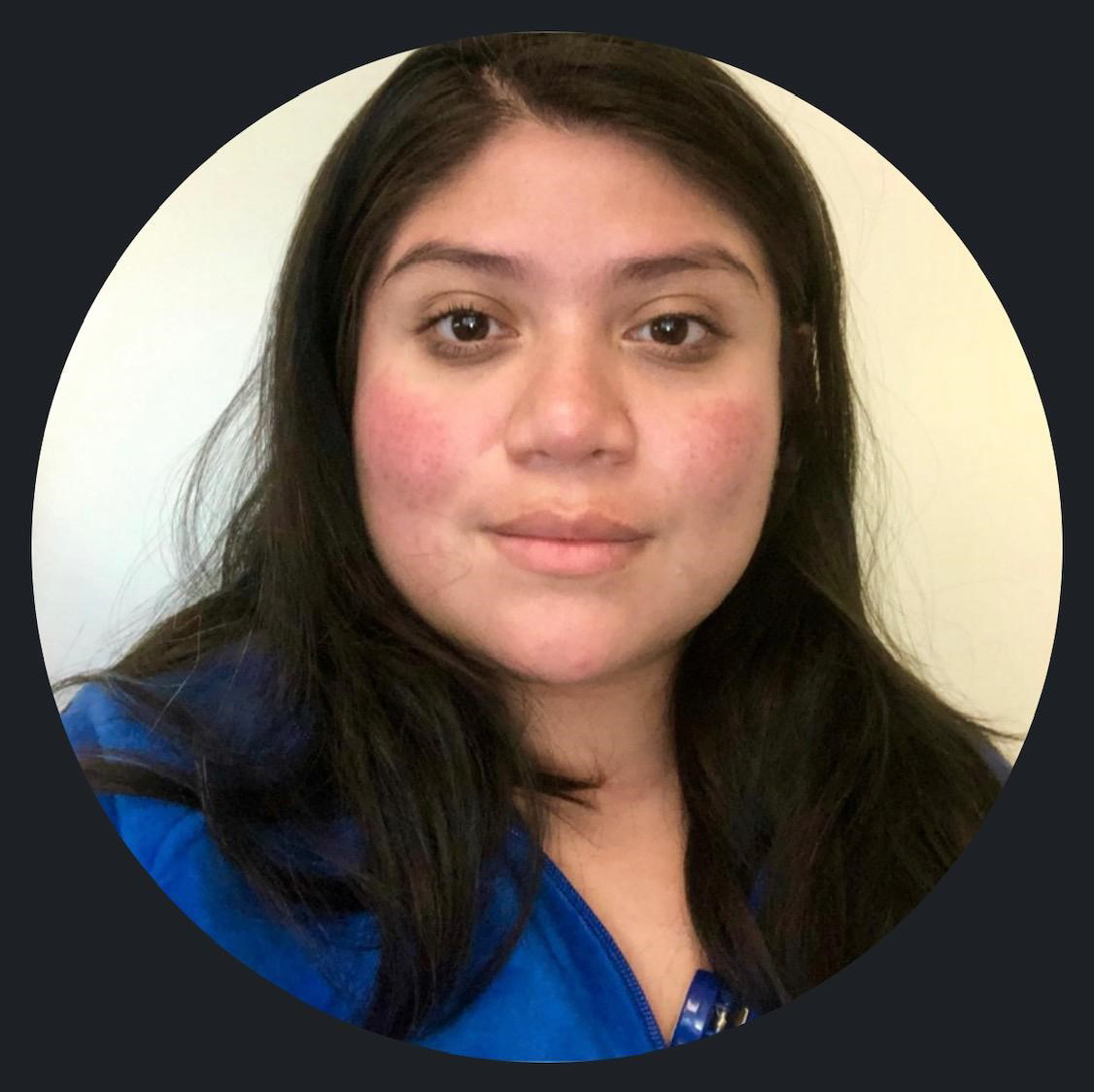
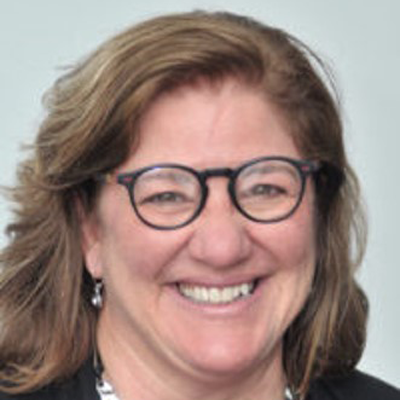

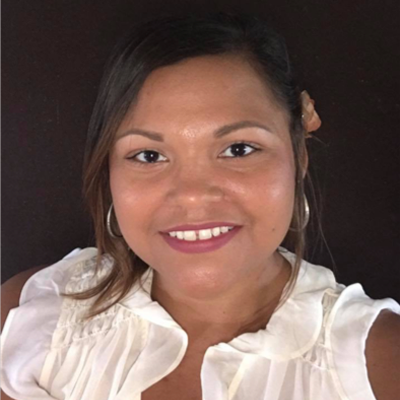
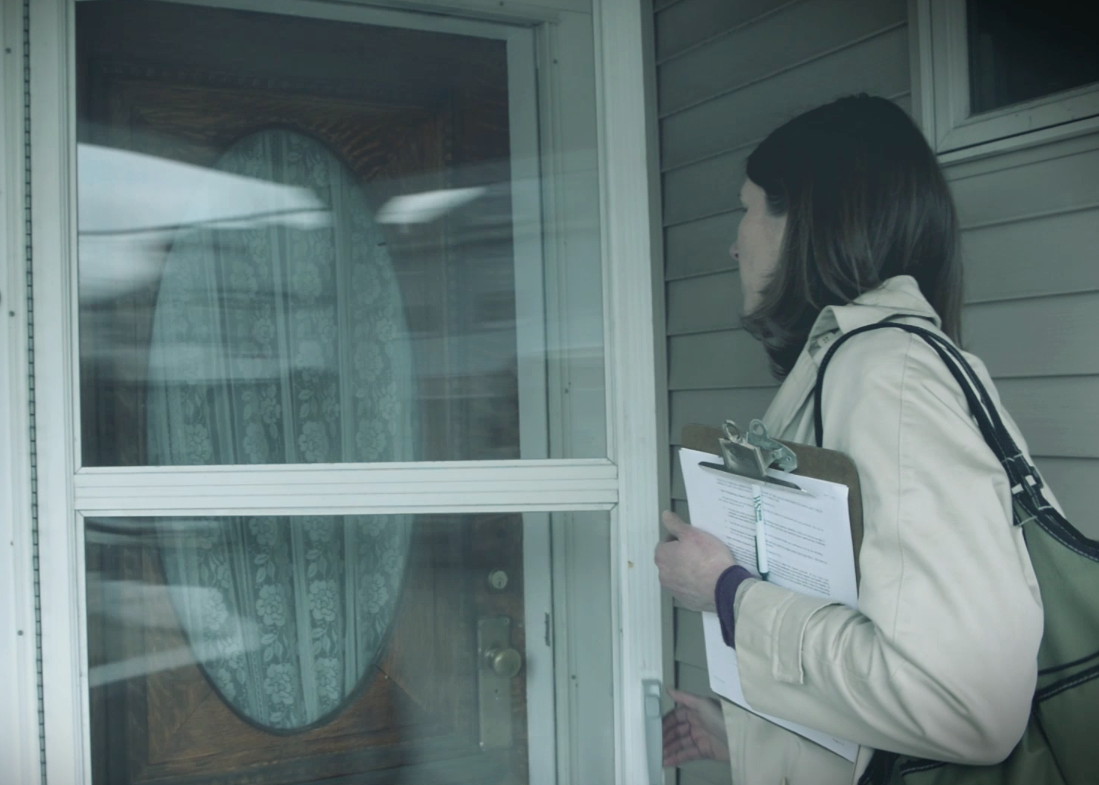


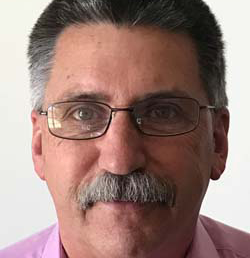
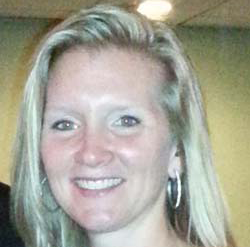


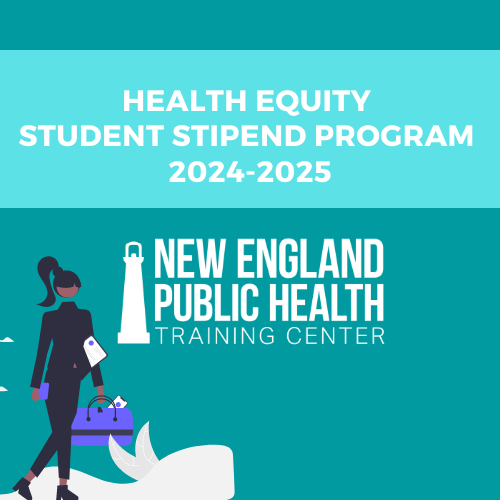

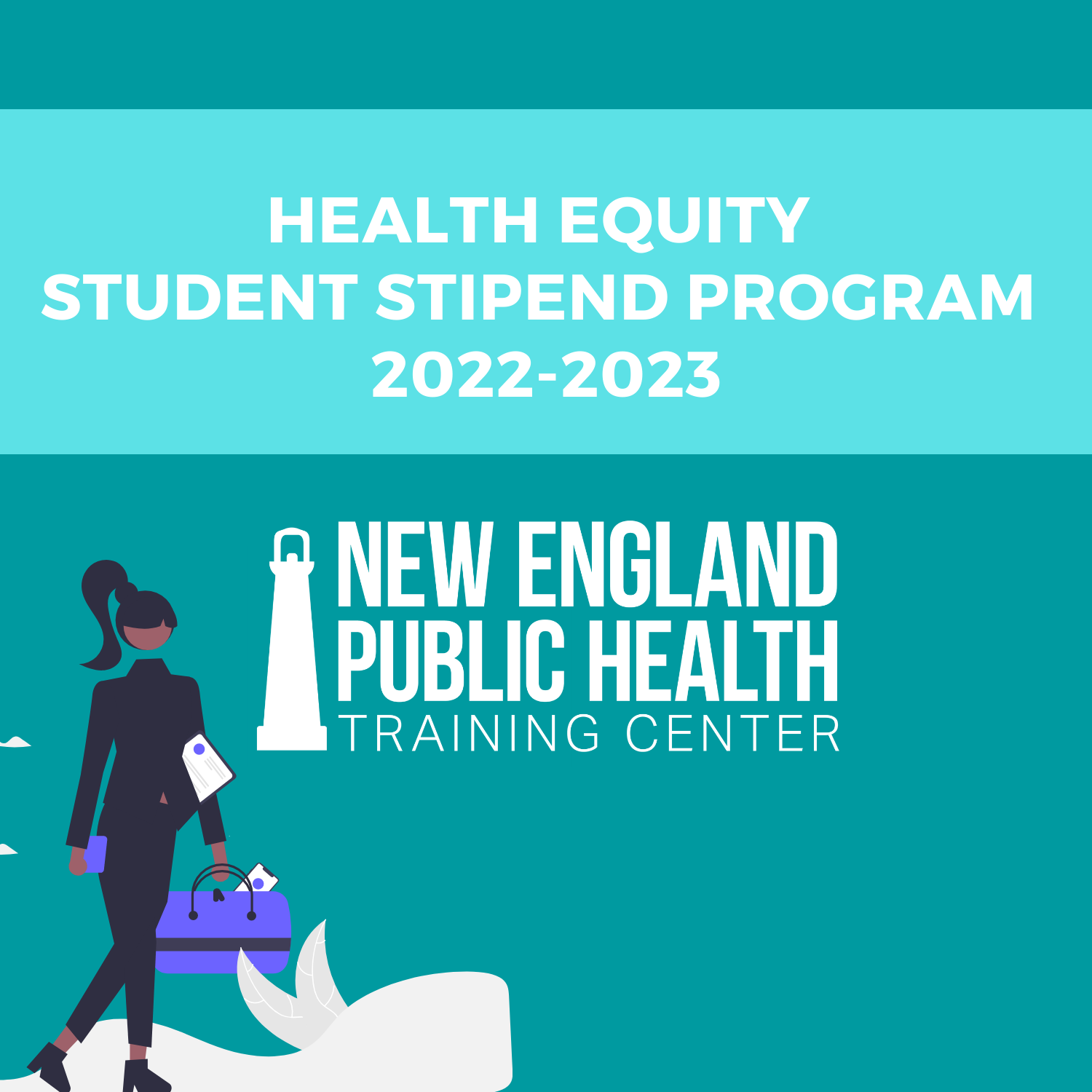 d Program 2023-202
d Program 2023-202

 d Program 2023-202
d Program 2023-202

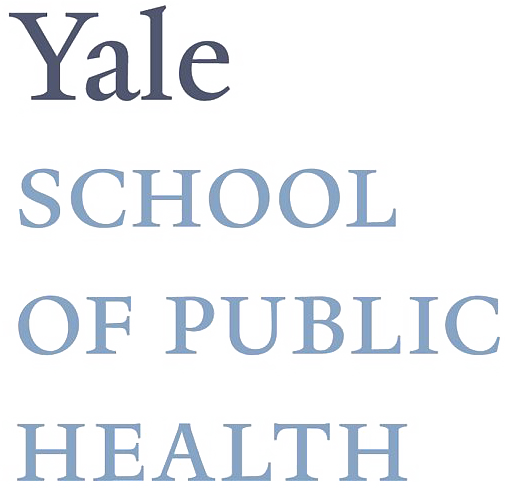
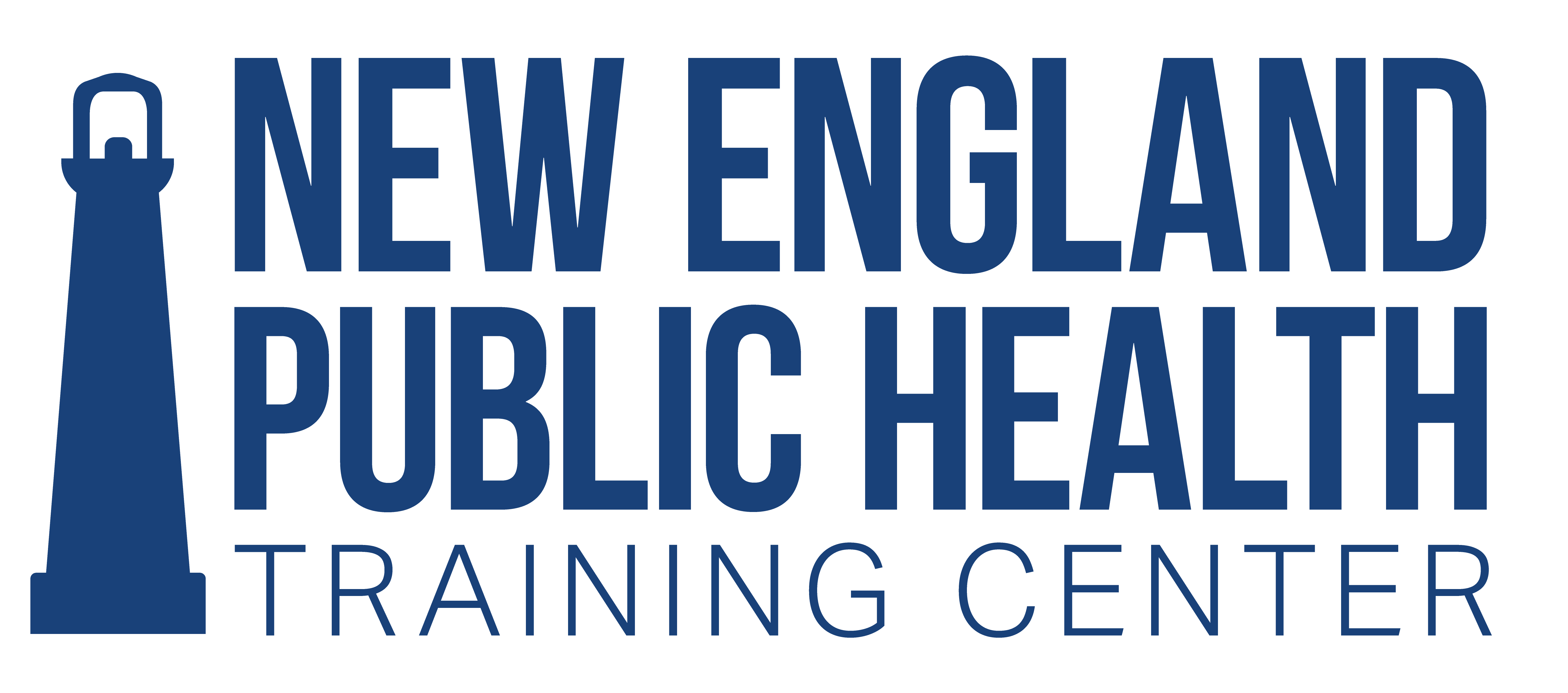
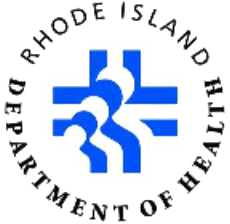



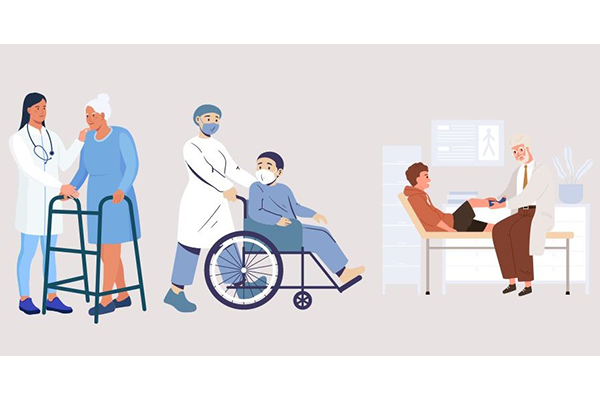


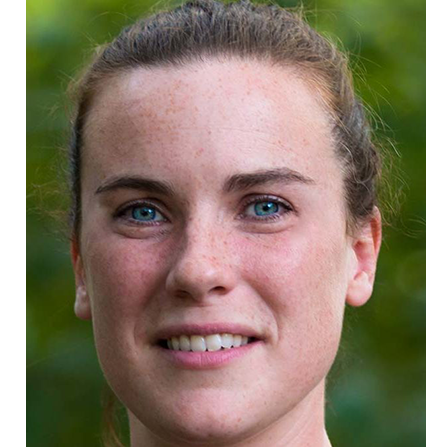


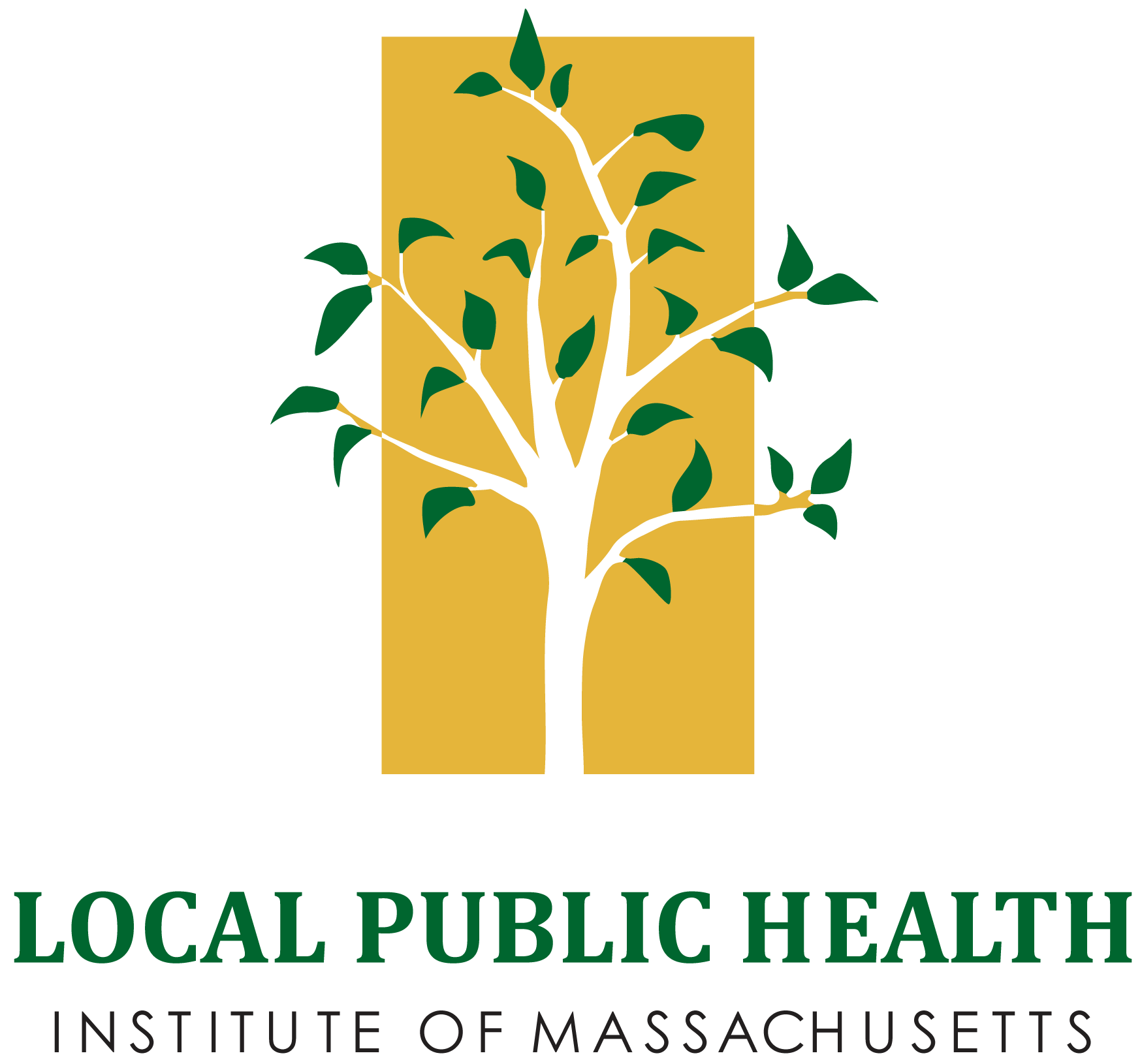


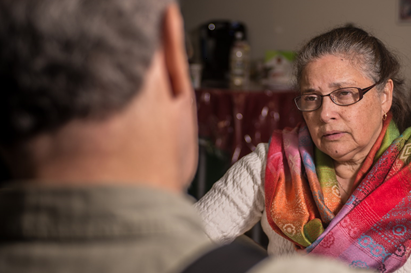
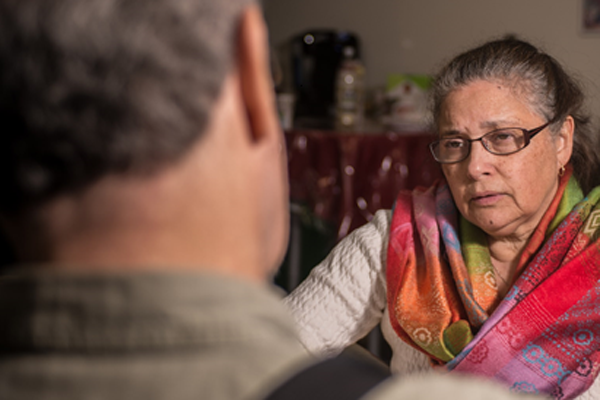

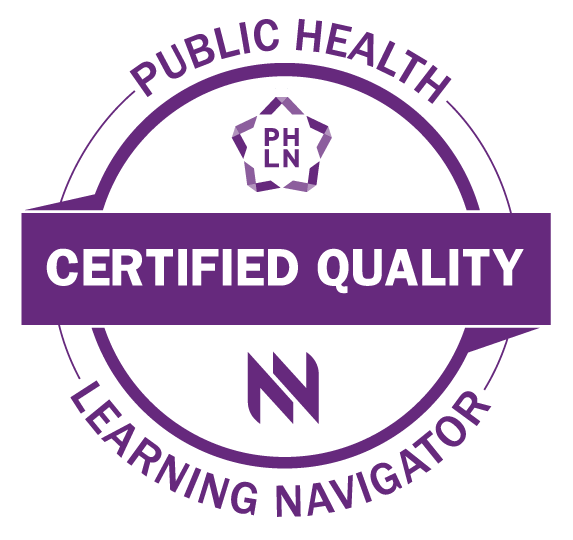





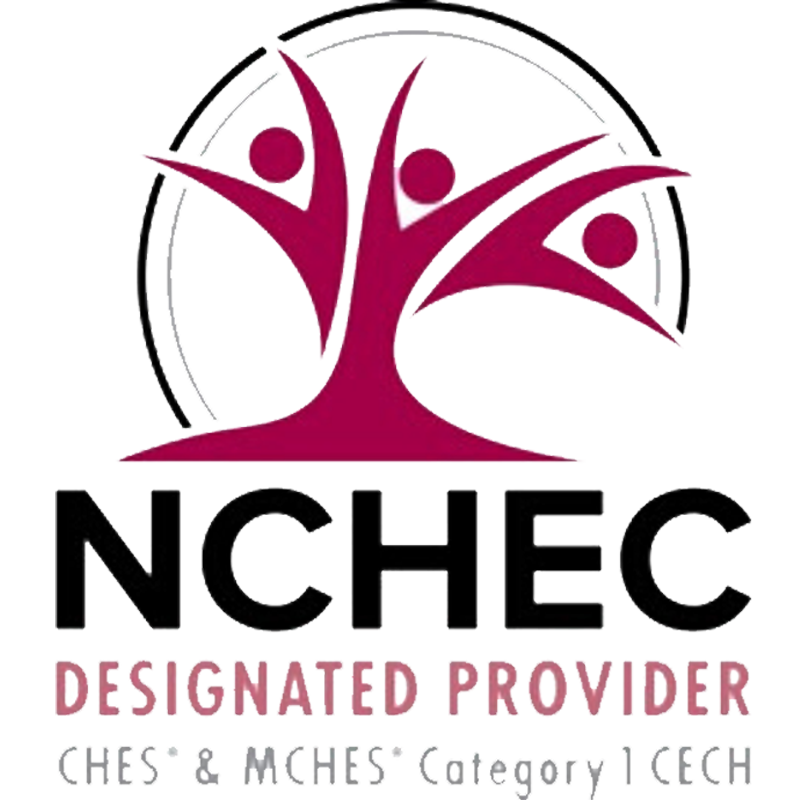

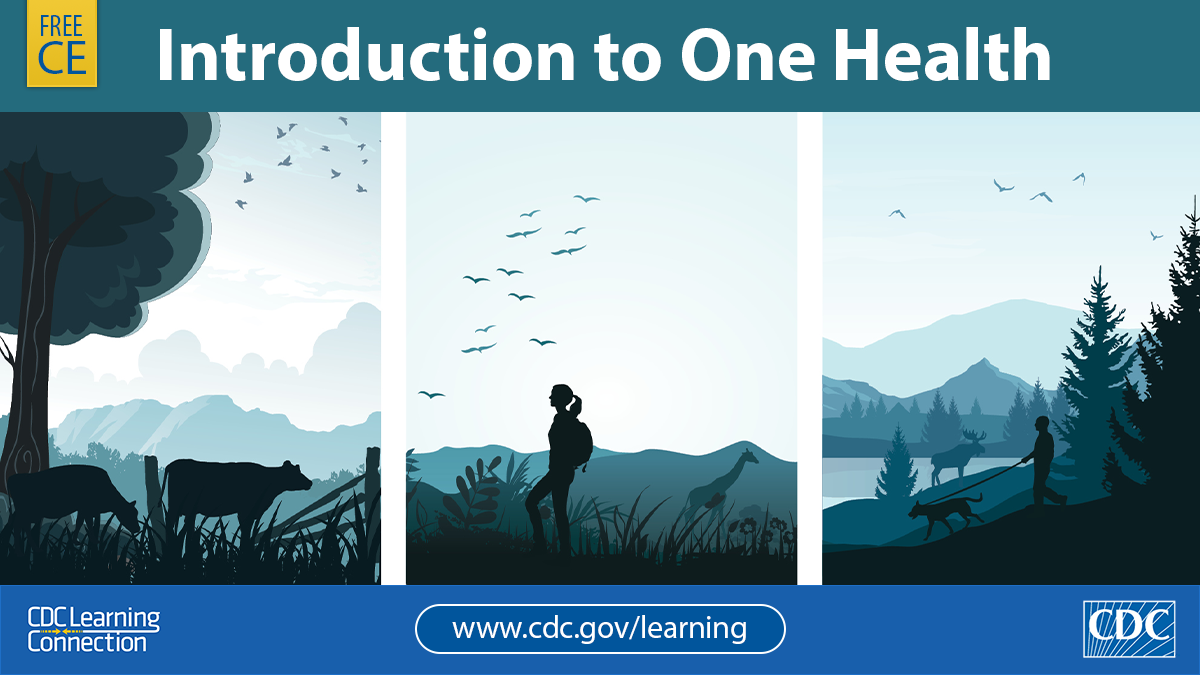
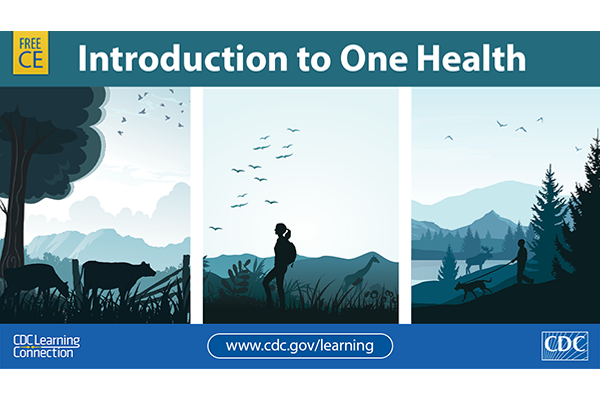

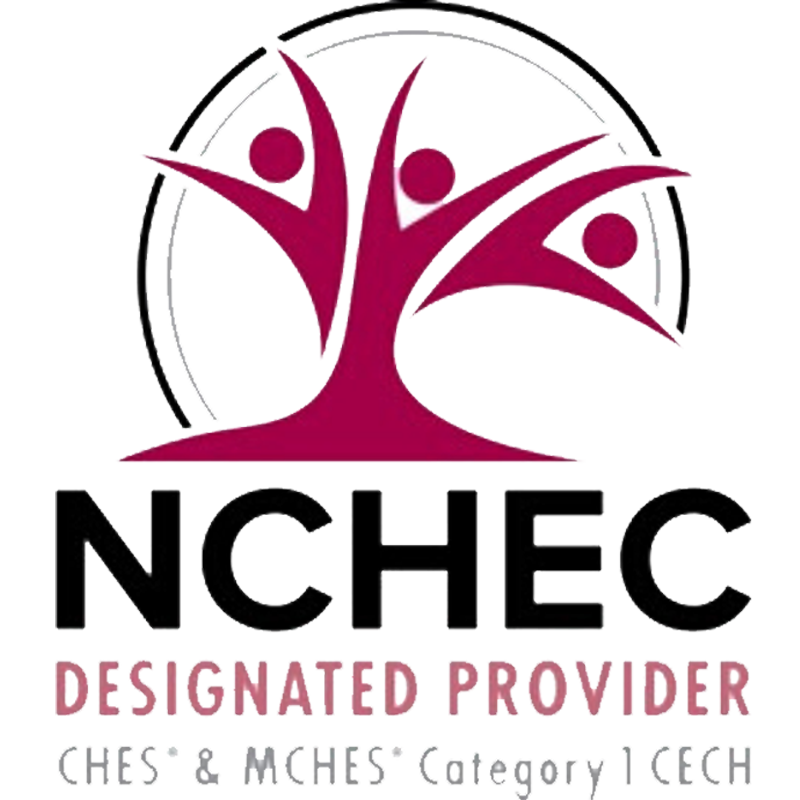



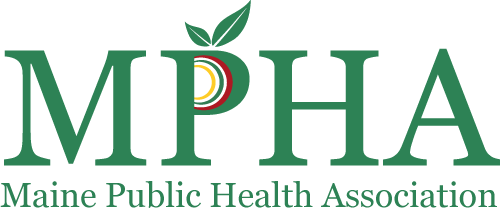
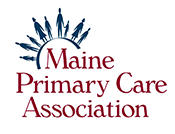
 Maddie Blair, MPH
Maddie Blair, MPH